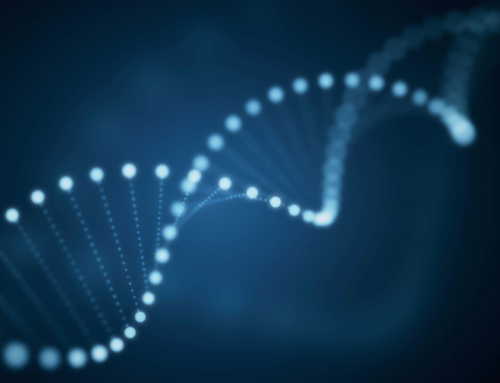
How does qPCR improve the reliability of NGS results?
qPCR plays a crucial role in improving the reliability of NGS results by providing precise quantification, validation, and quality control at various stages of the NGS workflow. Here’s how qPCR enhances NGS reliability:
Library Quantification and Normalization
qPCR serves as the gold standard for NGS library quantification, offering several advantages:
- Precise Quantification: It accurately determines library concentrations, enabling optimal normalization between multiple samples[1].
- Optimal Flow Cell Loading: Accurate quantification ensures the correct amount of template is loaded onto the NGS platform, preventing low efficiencies or complete run failures[2].
- Cost Efficiency: By minimizing excess sample use and preventing unnecessary experiment repetitions, qPCR reduces overall costs[1].
Quality Control
qPCR contributes to NGS quality control in multiple ways:
- Fragment Size Validation: When combined with gel electrophoresis, qPCR helps validate the quality and quantity of DNA fragments[1].
- Sensitivity for Low-Abundance Targets: qPCR outperforms NGS in detecting low-copy transcripts, ensuring comprehensive coverage[3].
- Pre-NGS Quality Check: It verifies cDNA integrity before sequencing, reducing the risk of failed runs[2].
Result Validation
qPCR serves as a reliable method to verify NGS results:
- Fast and Cost-Effective Verification: It provides a quick and economical means to confirm NGS findings, especially for specific genes of interest[3].
- Complementary Strengths: While NGS offers broad, hypothesis-free analysis, qPCR excels in targeted, sensitive detection of known sequences[4].
- Resolution of Technical Biases: qPCR can help address NGS limitations such as GC-rich region underrepresentation or reference genome alignment issues[3].
Workflow Integration
qPCR enhances NGS workflows in several ways:
- Upstream Quality Control: It ensures sample quality before proceeding with costly NGS runs[5].
- Downstream Prioritization: qPCR helps narrow down NGS-derived gene lists for focused validation[3].
- Hybrid Approaches: Combining RT-qPCR with NGS improves detection and characterization of variants, especially in scenarios like viral mutation tracking[6].
By leveraging qPCR’s precision, sensitivity, and cost-effectiveness, researchers can significantly enhance the reliability and efficiency of NGS experiments, from initial library preparation to final result validation.
Here at ARQ Genetics, we have plenty of experience in validating NGS results and are happy to work with you on designing a project to meet your needs. Get in touch today!
⁂
- https://www.analytik-jena.us/knowledge/blog/posts/ngs-next-generation-sequencing/
- https://drug-dev.com/next-generation-sequencing-ngs-uniformity-across-the-block/
- https://sciencellonline.com/blog/value-of-qpcr-in-the-next-generation-sequencing-era/
- https://www.illumina.com/science/technology/next-generation-sequencing/beginners/advantages/ngs-vs-qpcr.html
- https://www.thermofisher.com/us/en/home/life-science/pcr/real-time-pcr/ngs-comparison.html
- https://pmc.ncbi.nlm.nih.gov/articles/PMC10059866/




